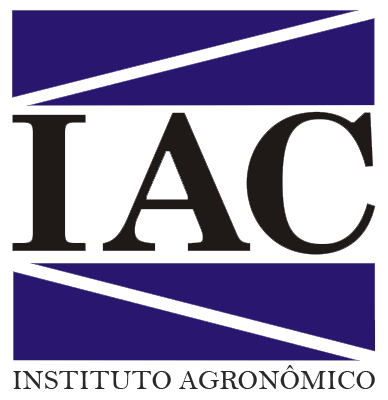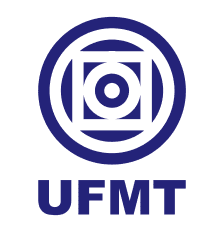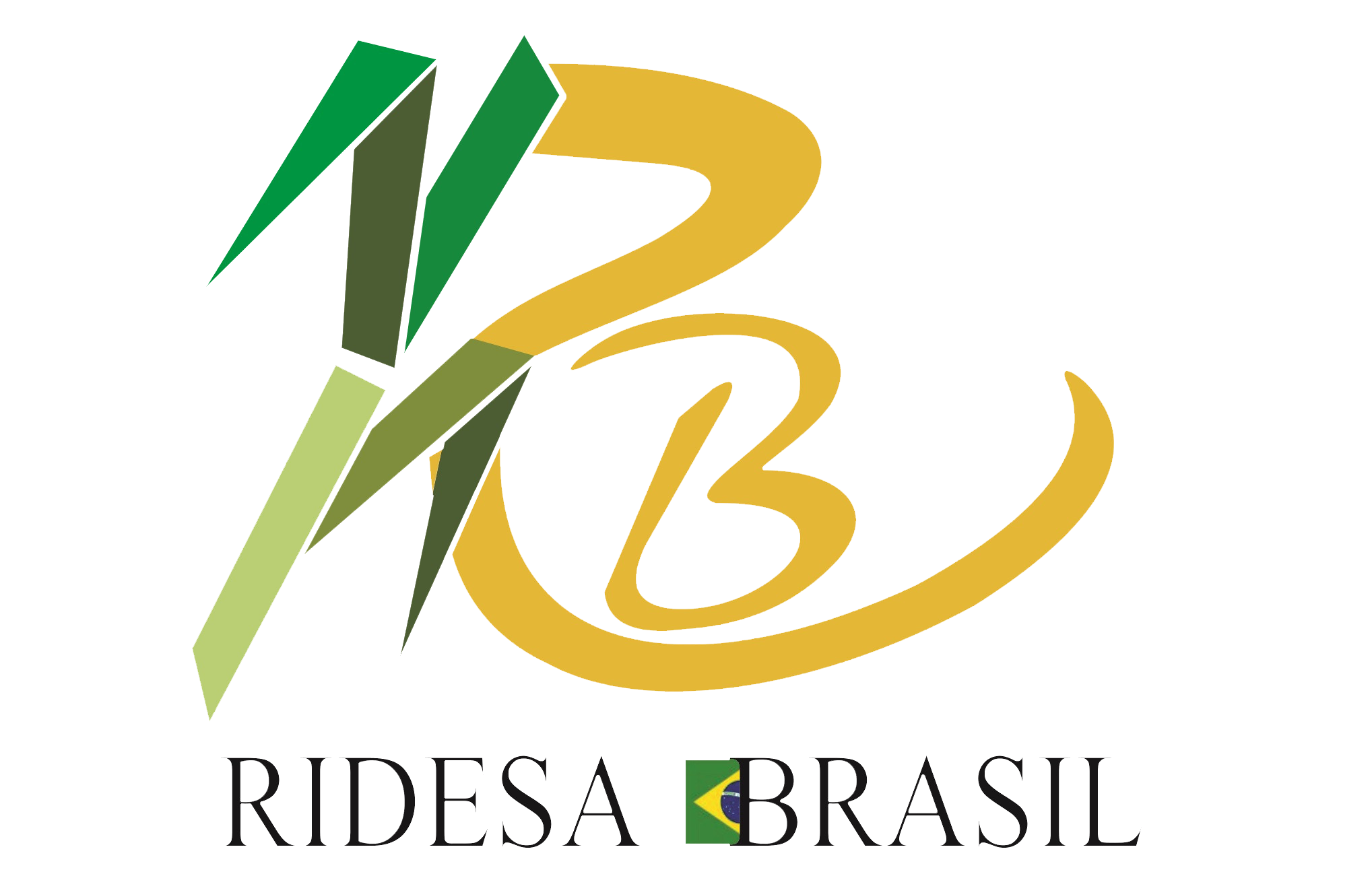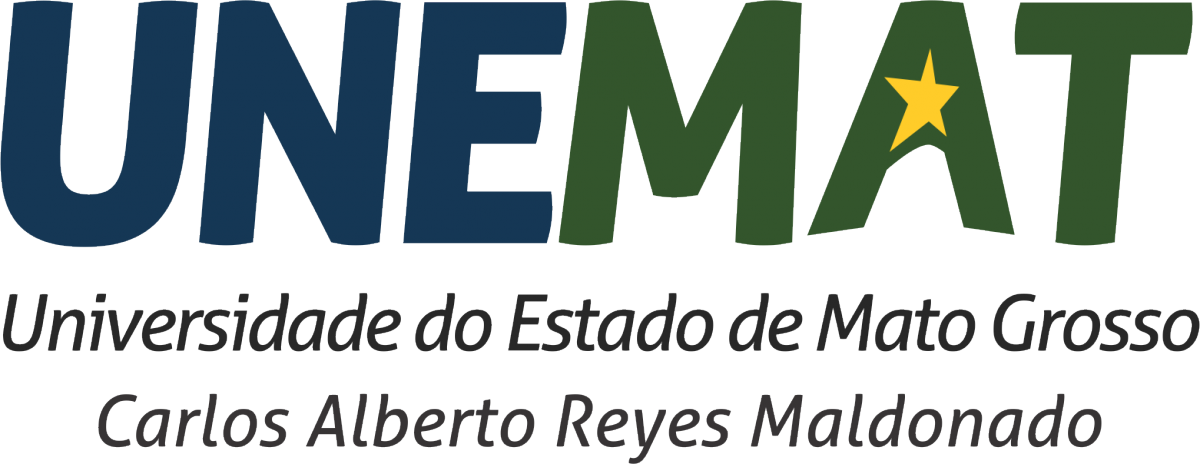Bio Innovations
for agribusiness
We are a Research and Development center established by Uisa to drive innovation in sugarcane and biomass management. Through sustainable and agronomically efficient tools and processes, we enhance productivity and promote environmental balance within the agroecosystem.
Our improvement initiatives at BBC include the use of macro and microorganisms, varietal adaptation, soil fertility management, and plant protection. We ensure best practices in agricultural production and foster innovation in the sugar-energy sector. Follow BBC News, our compilation of completed activities.
Focus areas
To ensure production quality, environmental balance, and safety in the field, we base our activities on a set of techniques that range from planting planning to the proper utilization of by-products, maximizing efficiency and integration among different sectors.
Following the principles of integrated pest and disease management, we adopt and develop sampling and control tools for unwanted organisms, allowing us greater accuracy in decision-making, which leads to increased productivity and cost reduction.
The adaptation of varieties to each production environment, combined with an understanding of climatic conditions and soil fertility, allows for productivity gains and optimization of agricultural operations. Thus, we conduct ongoing studies to ensure the correct varietal use of sugarcane according to the specific characteristics of the Cerrado Biome.
Considering the need to adapt to the new paradigms of a sustainability-based economy that utilizes renewable raw materials, we have established a dynamic of innovation and competitiveness in our industrial production. This is centered on chemical processes that use renewable raw materials within the context of Green Chemistry or Climate Technologies.
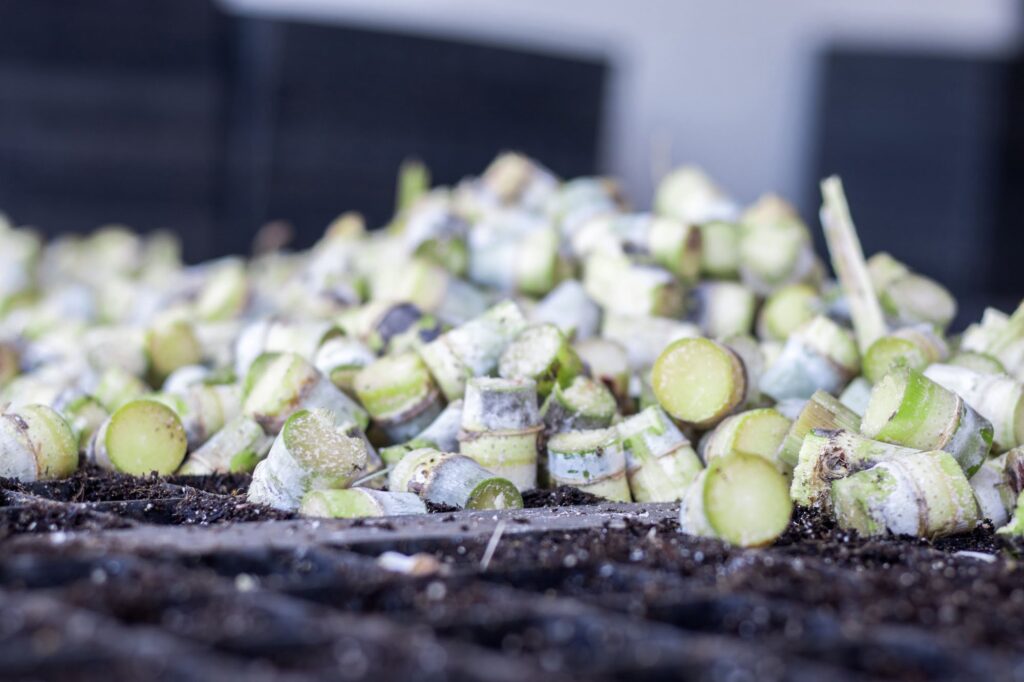
Areas of Action
Biological Control
The use of bio-inputs in agriculture is increasingly widespread and effective, such as the Cotesia flavipes for sugarcane borer control. The BBC produces this wasp in its biofactory of macro agents, ensuring its use across 100% of Uisa’s areas and supplying it to partner producers.
Monitoring
Having the best products is futile if they are not applied at the right time. To ensure this accuracy, the CBB operates a monitoring network for the sugarcane borer and the leafhopper, the main pests of the crop, using traps.
UAVs
UAVs (Unmanned Aerial Vehicles) fly over uisa’s sugarcane fields, enabling precision and safety in the release of macro biological control agents. Additionally, they ensure high-quality data collection through imaging, providing greater agronomic efficiency in crop management.
Agricultural Production
With unique capabilities for controlling pests and diseases, inducing plant resistance, restructuring soil biota, and increasing productivity, microorganisms are becoming a routine part of uisa agronomic practices. In addition to adopting established products on the market, the CBB is exploring new organisms for the in-house production of biotechnological tools tailored to the conditions of the Brazilian Cerrado.
Pre-Sprouted Seedling
Pre-sprouted seedlings (MPB) of sugarcane have emerged as an innovation within the sector and have been increasing over the harvest seasons. They allow for optimization and greater efficiency in controlling pests, diseases, and weeds, as well as the potential for varietal diversification in sugarcane fields. In our MPB biofactory, we study and produce the varieties that thrive best under the climatic conditions of the Cerrado, ensuring agronomic efficiency.

